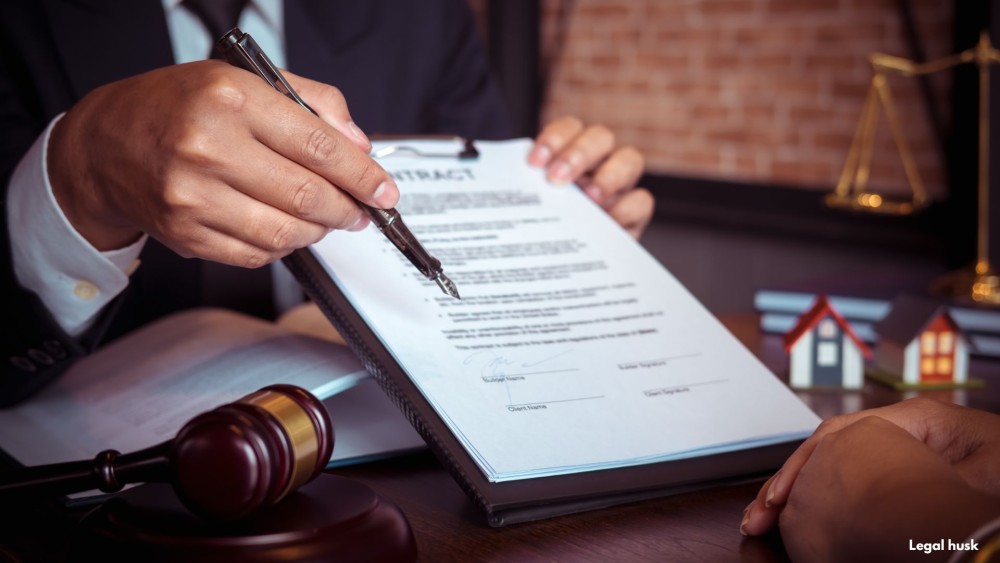
Explore how Motions for Summary Judgment can impact appellate strategy. Understand the considerations for filing, appealing, and responding to motions for summary judgment in the appellate process.
Motions for Summary Judgment (MSJs) are powerful tools that shape not only trial outcomes but also the appellate strategy when litigation progresses. Whether an MSJ is granted or denied, it sets the stage for future legal arguments, influencing appeals in significant ways.
This article explores how MSJs affect appellate strategy, focusing on key considerations when filing, appealing, or responding to summary judgment rulings.
MSJs fit into the appellate process in several important ways:
Granting of MSJ: If an MSJ is granted, the losing party may immediately appeal the final judgment, arguing that the trial court erred in finding no genuine issue of material fact.
Denial of MSJ: If an MSJ is denied, the case typically proceeds to trial. Appeals may follow post-trial, raising errors related to the denial.
Preservation of Issues: MSJs often form the foundation for preserving key legal arguments for later appellate review.
MSJs thus become critical markers that influence both litigation and post-judgment strategy.
When the trial court grants summary judgment:
The appealing party can argue:
The trial court misapplied legal standards.
Material facts were wrongly deemed undisputed.
Summary judgment was improperly granted based on the evidence.
Appellate courts review MSJ grants de novo, meaning no deference is given to the trial court's legal conclusions. The appellate court independently evaluates whether summary judgment was appropriate.
Issues not raised at the trial court are often deemed waived. Parties must ensure that any potential appellate arguments were properly preserved during MSJ proceedings.
Reversing a granted MSJ often means the case returns to trial, reshaping settlement discussions and trial strategy.
When an MSJ is denied:
Generally, denials of MSJs are not immediately appealable unless special permission (interlocutory appeal) is granted.
Parties can raise MSJ-related issues on appeal after a final judgment is entered. Strategic planning at the MSJ stage can set up strong appellate arguments later.
A denied MSJ signals that disputed facts must be resolved at trial. Parties should prepare to present strong factual evidence and anticipate appellate issues that may arise from trial rulings.
Evidence plays a pivotal role in appellate review of MSJs:
Appellate Review is Limited: Appellate courts only review the evidence presented during the MSJ briefing—new evidence is not considered.
Assessment of Summary Judgment Evidence: The appellate court evaluates whether the trial court correctly determined the absence (or existence) of material factual disputes.
Challenges to Evidence: Disputes over admissibility or weight of evidence can significantly influence appellate outcomes.
Ensuring a well-documented record at the MSJ stage is vital for appellate success.
When preparing to appeal an MSJ ruling:
Conduct a Thorough Record Review: Identify all preserved issues and potential errors based on the MSJ motion, opposition, and trial court ruling.
Focus on Legal Errors: Appellate arguments should emphasize misapplications of law or misinterpretations of the summary judgment standard.
Understand Timing Rules: Strict deadlines govern appellate filings. Missing them may forfeit the right to appeal.
Craft a Clear Appellate Narrative: Frame the trial court’s error clearly—whether it involves failing to recognize factual disputes or improperly applying substantive law.
Effective appellate strategies begin with deliberate, thorough MSJ drafting and response tactics at the trial level.
Motions for Summary Judgment influence more than just the trial court’s docket—they have profound implications for appellate strategy. Whether seeking to overturn or defend an MSJ ruling, understanding how MSJs shape appellate review is critical for litigation success.
Strategic MSJ drafting, strong evidentiary presentation, issue preservation, and focused appellate advocacy are key to maximizing the chances of prevailing both at the trial court and on appeal.
Navigating appeals related to Motions for Summary Judgment requires experience and precision. Legal Husk’s appellate team provides strategic guidance, ensuring your legal arguments are preserved, strengthened, and effectively presented.
📌 Need appellate support for your MSJ ruling?
👉 Visit:
🔗 legalhusk.com
🔗 legalhusk.com/services
🔗 legalhusk.com/about-us
📩 Ready for a court-ready motion for summary judgment at a predictable price? Contact Legal Husk for expert support.
Whether you are dealing with a complex family matter, facing criminal charges, or navigating the intricacies of business law, our mission is to provide you with comprehensive, compassionate, and expert legal guidance.